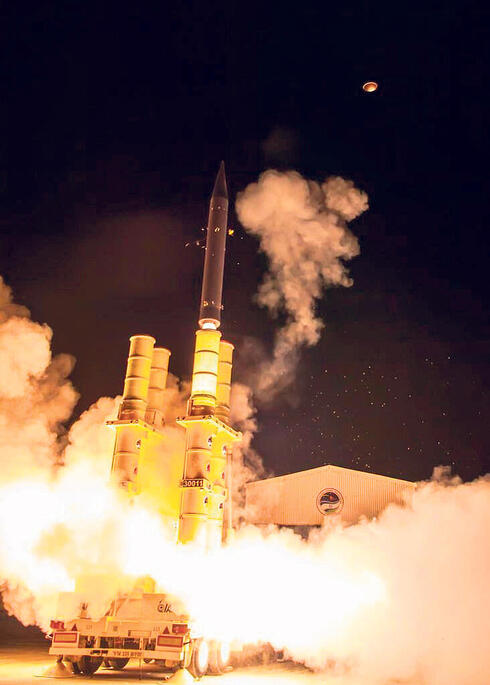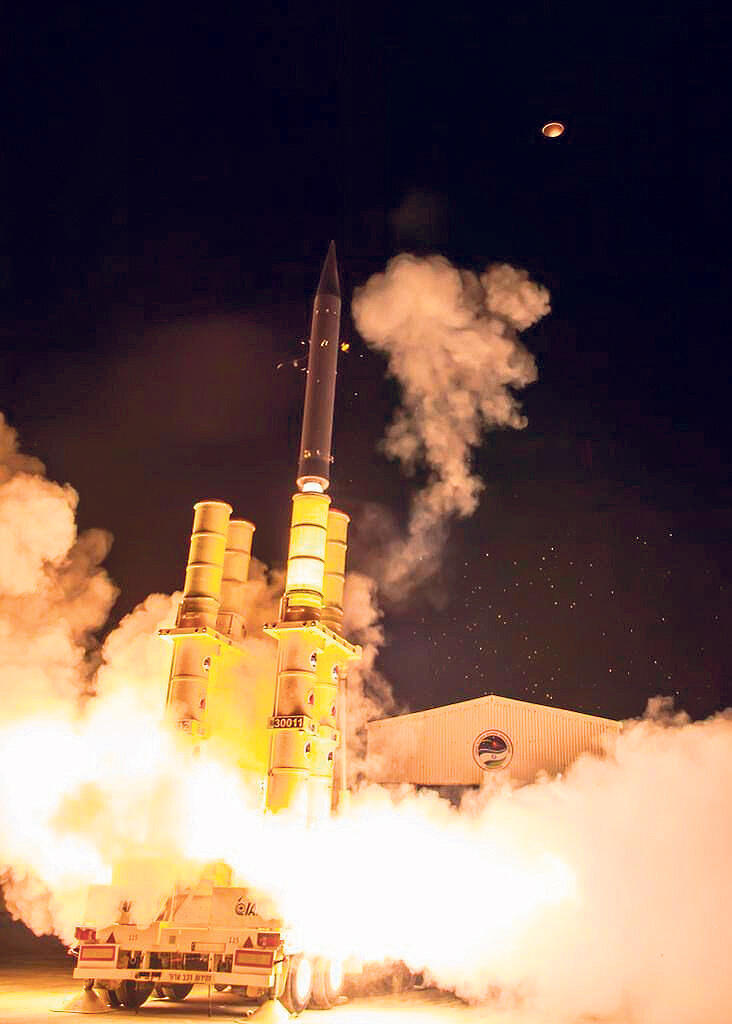
Israel’s weapons orders cross $5 billion since outbreak of war
Due to local demand, major defense companies Rafael, Israel Aerospace Industries, and Elbit Systems have delayed the supply of weapons worth over $1.5 billion to their global customers
Since the beginning of the war, major Israeli defense companies Rafael, Israel Aerospace Industries (IAI), and Elbit Systems have delayed the supply of weapons worth over $1.5 billion to their global customers. This is the result of the companies directing production resources and raw materials to support the IDF's combat needs in Gaza and the northern border. The companies have also been told by the army that the need to prioritize production for the military will continue into 2024 due to the ongoing conflict.
These weapons systems, ordered by armies and defense ministries worldwide before the outbreak of the Gaza conflict, come with committed delivery dates established within the terms of the transactions. Many of the clients are embroiled in the largest arms race in decades, given the ongoing war between Russia and Ukraine, tensions in the South China Sea, conflicts in the Middle East, and a pessimistic outlook with a high potential for escalation in other global conflict arenas.
Israeli defense companies rode a significant wave of demand and global interest in their air defense systems over recent years after their effectiveness was demonstrated in the last decade in the constant conflicts with Gaza. Rafael secured a deal with Finland for the sale of the David’s Sling system for NIS 1.2 billion, while the IAI signed an export deal with Germany for Arrow 3 missiles, amounting to no less than $3.5 billion.
The war caught Israeli manufacturers with busy production lines due to a surge in orders from abroad, coupled with an acute personnel shortage resulting from the recruitment of thousands of workers into reserves. In response, Elbit Systems invited retired former employees back to production workshops, and other companies initiated recruitment campaigns and engaged with contractors.
Industry sources told Calcalist that on October 7, executives in all major companies ordered an immediate transition to an emergency format, prioritizing orders to fulfill urgent IDF needs, even at the expense of supplies to international customers, despite those shipments already being prepared. Companies informed their global customers about the situation in Israel, emphasizing the need for support in the ongoing war effort.
A senior official at one of the largest companies mentioned that, in most cases, delays of a few months were achieved in delivery dates, allowing lines to be cleared for the benefit of the IDF. This includes the interception missiles of Rafael's central defense systems, Iron Dome, and David's Sling.
The IDF's needs have also intensified the demand for simpler and cheaper armaments, such as mortar bombs and tank shells, commonly used in combat across various sectors. Additionally, there is increased demand for components, systems, and spare parts for tank and APC production.
The Ministry of Defense reported transferring orders exceeding NIS 10 billion to the three largest defense industries in the last three months. Similar value orders were directed to hundreds of smaller companies involved in ammunition production, taking the total to NIS 20 billion (approximately $5.36 billion)
The Ministry of Defense recently ordered tens of thousands of rocket launchers for approximately NIS 140 million ($37.5 million) from Reshef Technologies in Sderot. Hundreds of other companies involved in the tank and APC industry received orders worth a billion shekels, including Ashot Ashkelon, which reported orders worth 59 million shekels for relays, drive systems, and spare parts.
This backlog is expected to persist. In any scenario, and at least during the next year, the industries will have to prioritize IDF needs. After the war, they will be obliged to accelerate production for international orders while continuing to supply the IDF's stocks. The procurement is planned to be supported by special aid funds for Israel being pushed by the U.S. President Joe Biden, amounting to $14.3 billion.
A significant portion of the amount, approximately $4 billion, will be directed to the production of interceptors for air defense systems, primarily for the David’s Sling. About $3.5 billion will finance the purchase of spare parts and various types of armaments, and another $1.2 billion will be directed to accelerating the development of Rafael's powerful laser interception system, Magen Or, and its rapid deployment for operational use.
A senior security official told Calcalist that, facing numerous serious threats, Israel's need for critical laser interception capabilities is crucial. The grant from the U.S. government will be provided in addition to the security aid with which Israel purchases weapons and equipment, mainly in the U.S., amounting to $3.8 billion annually.














